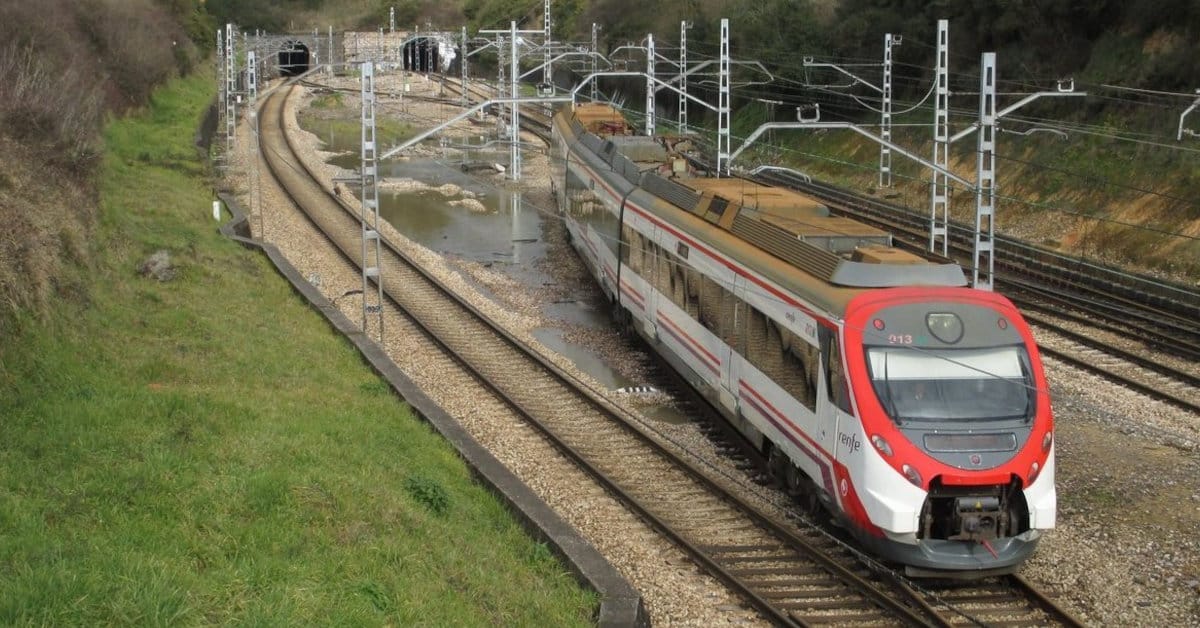The start of the liberalisation of rail services subject to PSO (Public Service Obligations) will be delayed until at least 1 January 2028 in Spain. This has been decided by the Ministry of Transport, after signing an addendum to the contract with Renfe that delays the 3% tender scheduled for 2026.
According to several media, the addendum was signed in December 2024 by the State and Renfe Viajeros. It justifies the postponement by alluding to the fact that “it has not been possible” to specify before 1 January 2026 the services that will be subject to tender.
Specifically, these trains are Cercanías, Media Distancia and Avant. The selection of the lines now depends on the Government Delegate Commission for Economic Affairs, at the proposal of the Ministry of Transport.
Con Trenvista Premium, disfruta de una experiencia sin anuncios y acceso a contenido exclusivo.
Únete por sólo 35€ al año y aprovecha ventajas exclusivas diseñadas para personas expertas en el ferrocarril.
★ Descubre Trenvista Premium
The delay of the 3% liberalisation of PSO trains does not breach European regulations
Although this delay means a modification of the plans, it does not infringe the Fourth European Railway Package. This requires that, subject to exceptions, from the end of 2023, PSO services must be awarded by public tender.
The current programme contract was signed in 2018 and runs until 31 December 2027, although it can be extended until 2032. A clearly protectionist move that would be 100% legal. This same contract stipulated that 3% of its value would be tendered in 2026.
Unlike open-acces services, where operators compete freely, PSOs can award lines or sets of lines to a single operator, granting exclusivity over those services.
For example, a single contract could be tendered for the operation of all state-owned PSO trains. Or an entire suburban network, or batches of some of its lines, or simply each line separately.
In the 2018 contract, it was established that in 2026, the equivalent of 3% of the value of the PSO contract would be put out to tender. It was a test to introduce competition on lines that move well over 500 million passengers a year and represent the bulk of Spanish rail passengers.
Although the CNMC has urged carrying out this process, workers want to avoid it. They fear that Renfe will be fragmented and lose working conditions.
In this line, the unions have negotiated safeguards so that employees can choose whether to stay or leave in case of subrogations, in exchange for calling off strikes planned for last spring.
Germany’s successful model is detrimental to workers
Germany is one of the pioneers in liberalising and contracting out PSO trains through public tendering, after ceding these competencies to the states.
It has been in place since the late 1990s and is considered a European benchmark for its ability to promote competition and improve efficiency in the sector. This system has facilitated the entry of private operators alongside the historic Deutsche Bahn, increasing supply, improving the frequency and quality of services, as well as boosting investment in rolling stock and infrastructure.
However, this liberalisation has had negative consequences for the working conditions of many railway workers. Even though subrogation requires maintaining labour rights after a change of operator, in practice, there have been losses in social benefits, increases in workloads and growing job uncertainty.
These factors have led to a climate of intense trade union conflict, with recurrent strikes and protests, reflecting the tension between the search for efficiency and the need to protect employees.
Thus, while the German model is a success from the perspective of competition and service improvement, it poses serious social and labour challenges that need to be addressed to ensure a sustainable balance in the sector.
